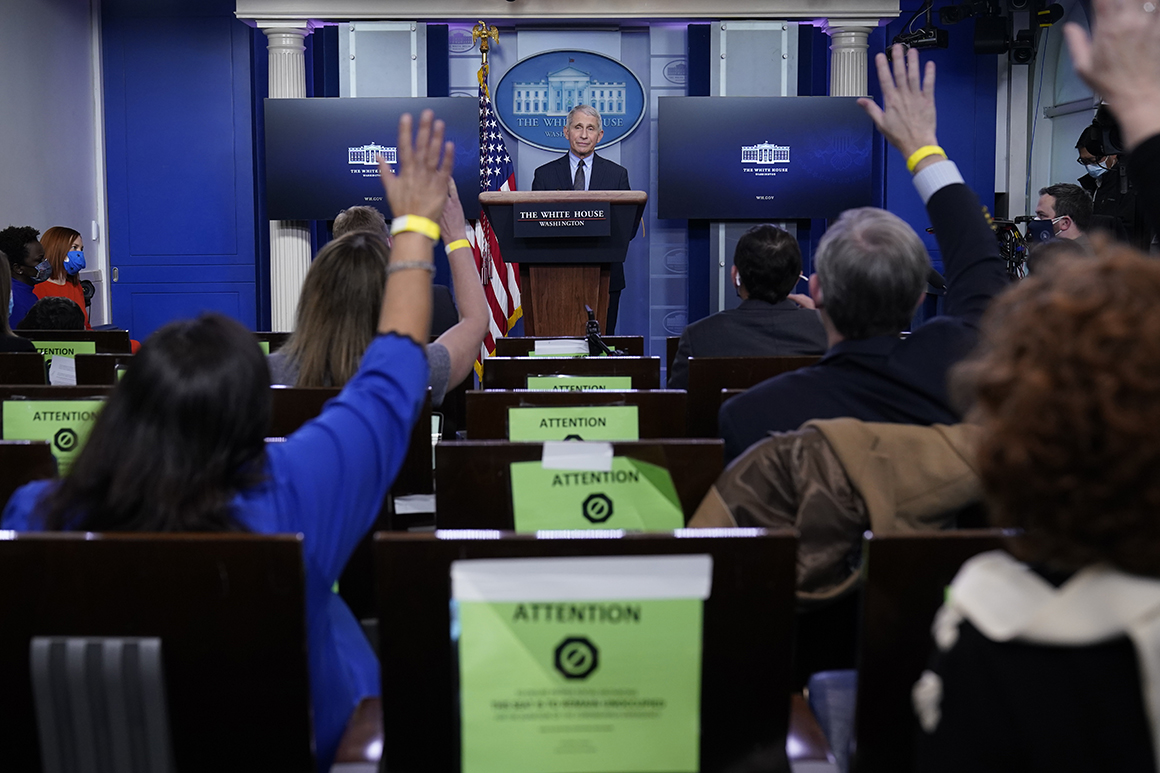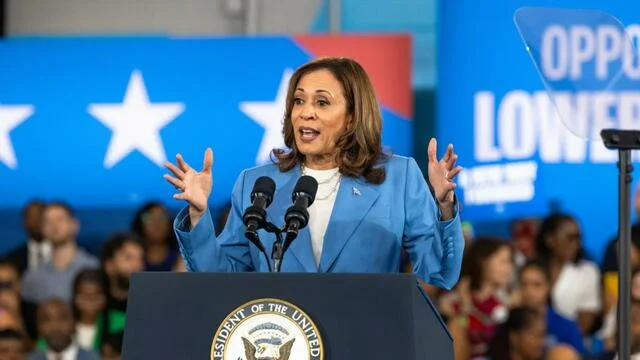The Biden-Harris administration continues to tout its Equity Action Plan as a groundbreaking effort to promote racial equity and economic justice. However, a closer look reveals a troubling reality: nearly 40% of Americans are still struggling to make ends meet, and the administration"s policies may be leaving them behind.
Discrepancies in Economic Policy Implementation
As reported by the White House Equity Action Plan Progress Report, the initiative aims to dismantle systemic barriers that prevent marginalized communities from accessing economic opportunities. Yet, the plan often overlooks the intersectionality of race and class, failing to address the broader economic disparities that affect a significant portion of the population. Without a robust strategy to include low-income families, the plan risks perpetuating existing inequalities.
Structural Barriers Persisting Across Communities
According to the U.S. Department of Treasury, policies from previous administrations have historically excluded people of color and women, creating a legacy of economic disenfranchisement. Yet, the current administration"s focus on equity might overlook the nuances of economic justice, particularly in rural areas and urban centers where the impact of structural economic shifts has been devastating. Families in these communities are left with dwindling job opportunities and stagnant wages.

White House briefing room to return to full, pre-pandemic seating ...
Workers Rights as an Overlooked Element
The U.S. Department of Labor recently released its updated Equity Action Plan, which emphasizes creating an inclusive workforce. However, without addressing the fundamental rights of workers, such as fair wages and collective bargaining, any efforts toward equity will be superficial at best. Workers across the board are calling for stronger protections and reforms, emphasizing that economic justice cannot exist without robust workers" rights.
Growing Economic Inequality Threatens Democracy
As highlighted in various studies, including research from Liberal Constitutionalism and Economic Inequality, the rising tide of economic inequality poses a direct threat to the stability of democracy itself. While the administration pushes for equity, the wealth gap continues to widen, with the top 1% of earners accumulating more wealth than the bottom 80% combined. This stark imbalance undermines the very principles of equality and justice that the Equity Action Plan claims to uphold.

Kamala Harris focuses on economy, unveils policy package in campaign speech
The Need for a Comprehensive Approach
The Biden administration"s current strategy for implementing its equity agenda appears to lack a comprehensive approach that encompasses all aspects of economic justice. As reported by the Economic Well-Being of U.S. Households in 2023, nearly 30% of adults reported that they could not cover a $400 emergency expense, highlighting the urgent need for policies that address immediate economic pressures. Equity cannot be achieved in a vacuum; it requires a systemic overhaul that prioritizes the needs of all Americans, particularly those who have been historically marginalized.
The question remains: will the Biden administration take the necessary steps to create a truly equitable economic landscape, or will its current efforts simply serve as a façade for the growing inequities that continue to plague our society?

![[Video] Anti-ICE Protester Pepper Sprayed as CBP Agents Disperse Crowd in Minneapolis](/_next/image?url=%2Fapi%2Fimage%2Fthumbnails%2Fthumbnail-1768260677127-y71sb7-thumbnail.jpg&w=3840&q=75)

![[Video] Several injured as U-Haul truck drives through Iranian protestors in Los Angeles](/_next/image?url=%2Fapi%2Fimage%2Fthumbnails%2Fthumbnail-1768176682028-q95y6j-thumbnail.jpg&w=3840&q=75)
![[Video] Scuffle breaks out between Trump supporters and Anti-ICE protesters in Times Square](/_next/image?url=%2Fapi%2Fimage%2Fthumbnails%2Fthumbnail-1768165958203-hgcgb-thumbnail.jpg&w=3840&q=75)


![[Video] Gunfire between Iraqi security forces and Sadr militias in Baghdad](/_next/image?url=%2Fapi%2Fimage%2Fthumbnails%2Fthumbnail-1768343508874-4redb-thumbnail.jpg&w=3840&q=75)
